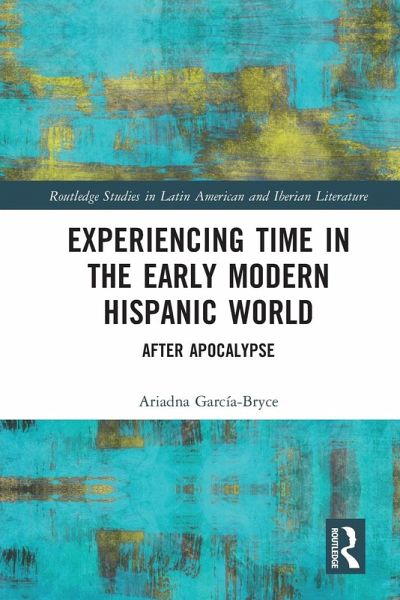
Experiencing Time in the Early Modern Hispanic World
After Apocalypse
Versandkostenfrei!
Versandfertig in 1-2 Wochen
55,99 €
inkl. MwSt.
Weitere Ausgaben:

PAYBACK Punkte
28 °P sammeln!
This book considers the new ways time was experienced in the 16th- and 17th-century Hispanic world in the framework of global Catholicism. It examines how authors adapt Christ-centered conceptions of existence to accommodate both a volatile post-eschatological world and the increased dominance of mechanical clock time.




